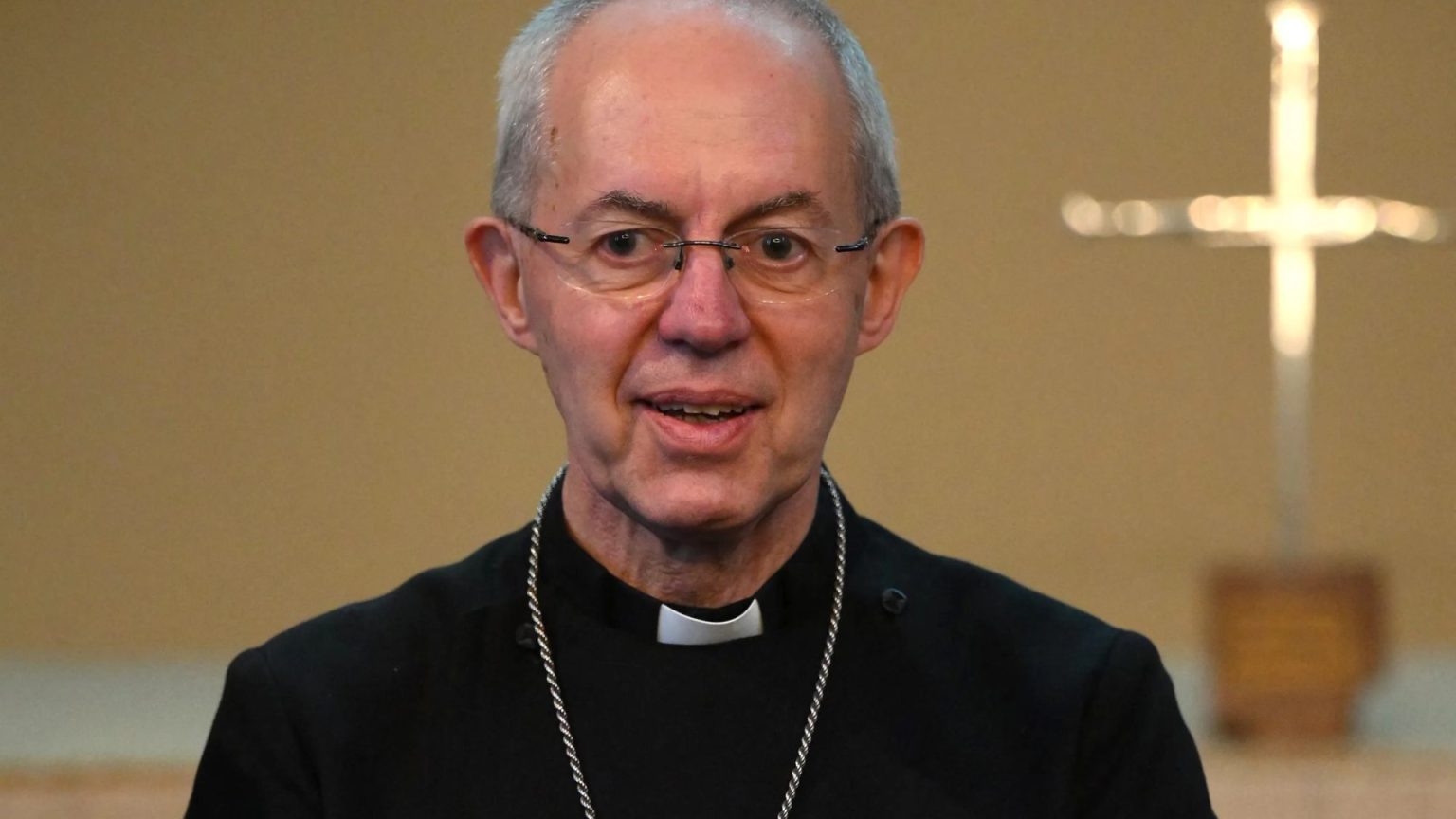The outgoing Archbishop of Canterbury, Justin Welby, issued a formal apology following intense criticism of his farewell speech to the House of Lords. The speech, delivered on Thursday, was deemed insensitive and inappropriate by survivors of abuse within the Church of England, particularly in light of the ongoing scandal surrounding the institution’s handling of such cases. Welby’s remarks, which were largely lighthearted and filled with jokes, made no mention of the victims, further exacerbating their pain and frustration. He acknowledged the hurt caused by his words and the omission of any reference to the survivors, stating that it was not his intention to trivialize their experiences or the gravity of the situation.
The controversy surrounding Welby’s farewell speech comes on the heels of his announced resignation, prompted by an independent investigation into the Church’s handling of abuse allegations against John Smyth. The inquiry found Welby had failed to adequately raise concerns about Smyth, a serial abuser who operated within Christian summer camps. The Archbishop’s silence on this matter during his final address to Parliament was perceived as a further disregard for the victims and a missed opportunity to acknowledge the Church’s failings. This perceived insensitivity amplified the existing anger and disappointment among survivors, who felt their trauma was being overlooked.
The backlash to Welby’s speech was swift and widespread. Abuse survivors expressed feelings of dismay and disgust, highlighting the frivolous tone of the address, which they considered inappropriate given the seriousness of the issues at hand. Mark Stibbe, a victim of Smyth’s abuse, publicly criticized Welby’s use of humor, emphasizing that the matter was one of life and death for many survivors. This sentiment was echoed by other victims, who felt further marginalized and silenced by the Archbishop’s words.
Adding to the controversy was Welby’s previous outspoken criticism of the government’s Rwanda deportation scheme and his consistent advocacy for weaker protections against small boat arrivals. This stance, coupled with his perceived mishandling of the Smyth abuse scandal, painted a picture of an Archbishop more concerned with political issues than with the welfare of those harmed within his own institution. The farewell speech, therefore, became a symbol of the Church’s perceived failure to prioritize the needs of abuse survivors, further damaging its reputation and eroding trust.
Welby’s apology, while welcomed by some, was seen by others as too little, too late. The damage caused by his words, and the broader context of the Church’s handling of abuse allegations, has left deep wounds. The Archbishop’s resignation, while acknowledging a degree of responsibility, does not fully address the systemic issues within the Church that allowed such abuse to occur and continue for so long. The road to reconciliation and healing for survivors remains long and arduous, requiring significant and sustained efforts from the Church to acknowledge and address its past failings.
The incident highlights the ongoing struggle within religious institutions to grapple with the legacy of abuse. Welby’s case serves as a stark reminder of the importance of leadership accountability and the need for genuine empathy and support for survivors. The Church of England now faces the difficult task of rebuilding trust and demonstrating a commitment to protecting its most vulnerable members. The incoming Archbishop will inherit a deeply wounded institution and will need to prioritize the needs of survivors to begin the process of healing and reform. This will require not only words of apology but concrete actions to prevent future abuse and provide support for those who have already suffered.


